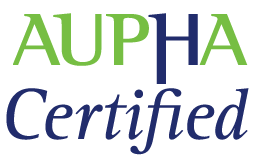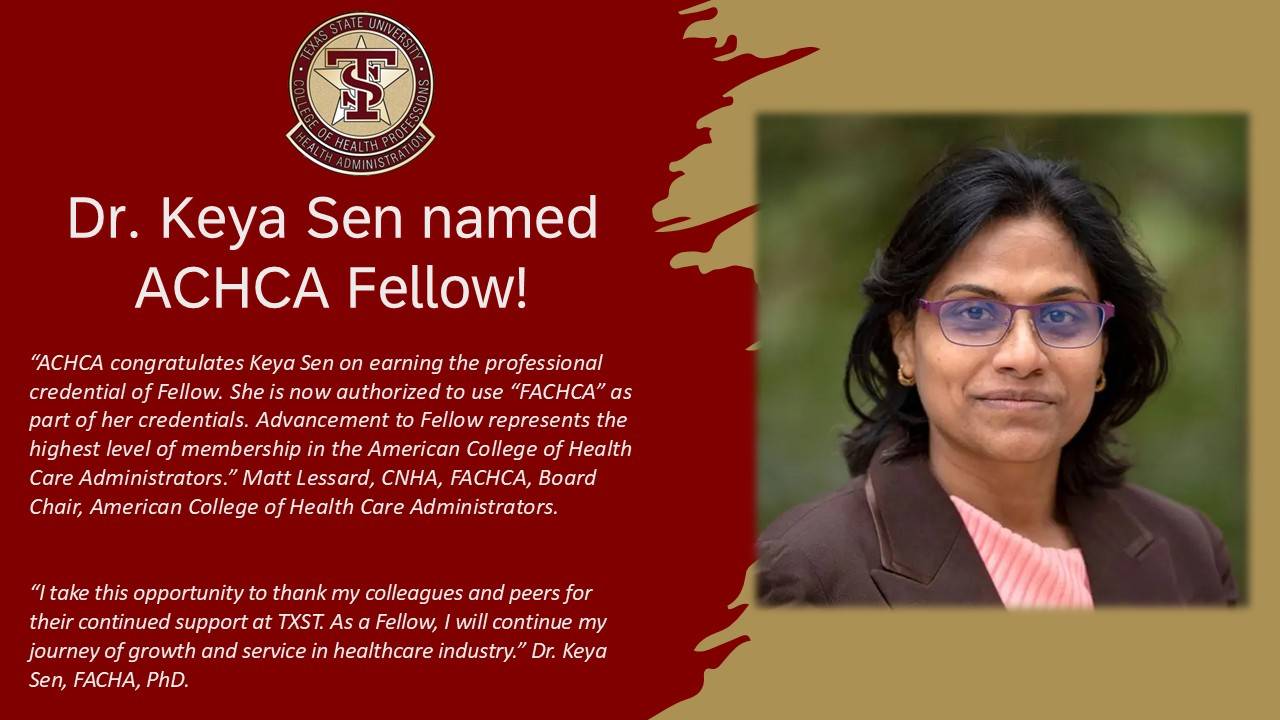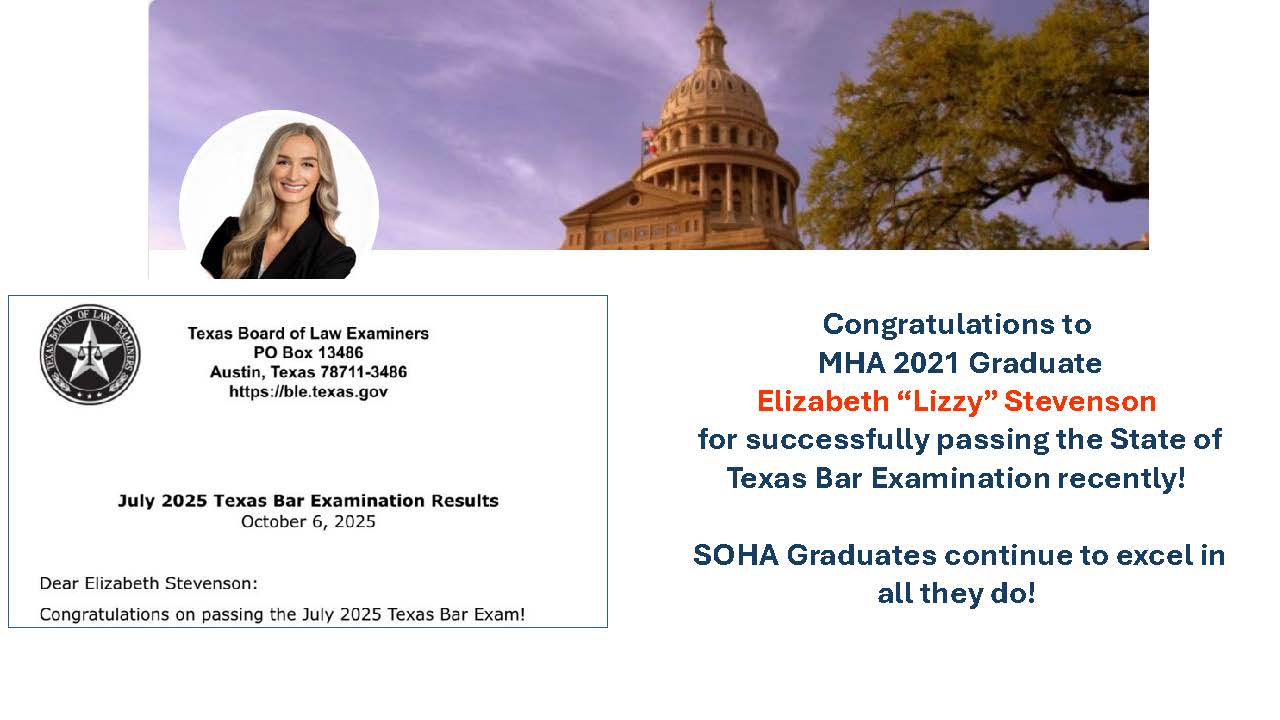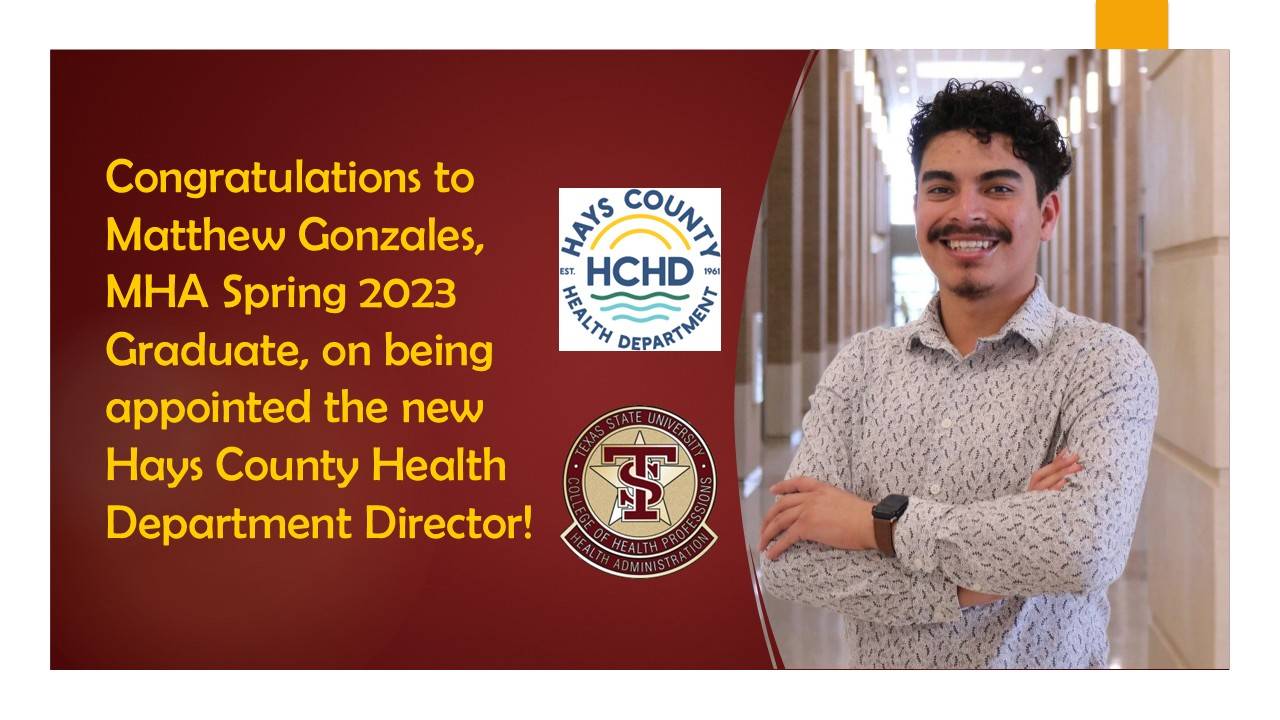School of Health Administration
Welcome to SOHA
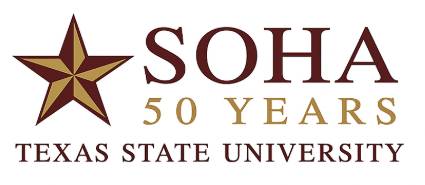
This Fall 2025 semester marks the beginning of the 50th academic year of SOHA!
Anniversary updates!
Who is a Healthcare Administrator?
A healthcare administrator is a professional who ensures that medical facilities operate efficiently and effectively. These individuals are responsible for managing the business aspects of healthcare organizations, which can include hospitals, nursing homes, outpatient clinics, and other healthcare providers. Their role is crucial in maintaining the quality of patient care while ensuring the facility remains financially viable and compliant with regulations.
Responsibilities of a Healthcare Administrator
Healthcare administrators oversee a wide range of duties to keep healthcare facilities running smoothly. Key responsibilities include:
- Planning and Coordination: Developing strategies for efficient healthcare delivery, coordinating medical and health services, and ensuring that the facility meets its goals and objectives.
- Staff Management: Recruiting, training, and supervising medical staff, including doctors, nurses, and other healthcare professionals. Ensuring adequate staffing levels and promoting a positive work environment.
- Financial Oversight: Managing budgets, billing, and financial reports. Ensuring the facility operates within its financial means while maintaining high standards of care.
- Regulatory Compliance: Staying up-to-date with healthcare laws and regulations, ensuring the facility complies with federal, state, and local regulations. Implementing policies and procedures to maintain compliance.
- Technology Management: Overseeing the implementation and use of healthcare technologies and electronic health records (EHR) systems. Ensuring staff are trained in the use of these technologies.
- Patient Care Quality: Ensuring that patient care standards are met and continuously improved. Addressing patient concerns and improving the overall patient experience.
Education
Typically, a minimum of a bachelor's degree in healthcare administration or a related field is required. Many positions prefer a master's degree in healthcare administration (MHA) or business administration (MBA) with a focus on healthcare.
Career Outlook
The demand for healthcare administrators is growing rapidly. According to the U.S. Bureau of Labor Statistics, employment in this field is expected to grow by 32% from 2020 to 2030, much faster than the average for all occupations. This growth is driven by an aging population, increasing demand for healthcare services, and ongoing changes in healthcare regulations and technology.
Contact Us
In Person
Encino Hall (ENC)
Room 250A
San Marcos, TX 78666
Phone / Email
P: 512-245-3494
E: HealthAdmin@txstate.edu


